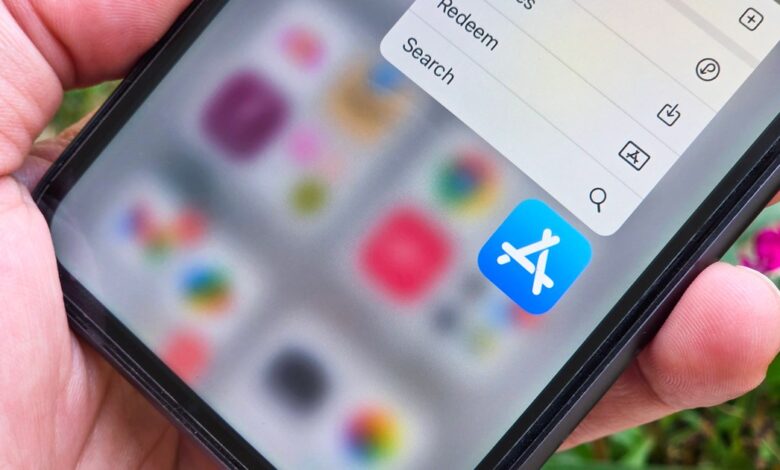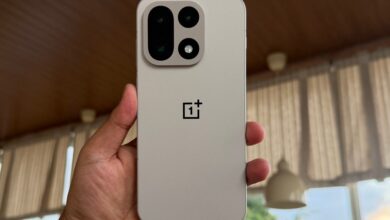Apple Slashes App Store Fees: Experts Warn of New U.S. Pricing Risks

Apple's App Store Policy overhaul: What It Means for Developers and Users
apple is making meaningful changes to its App Store policies, impacting developers and users alike. This shift has been anticipated by those involved in creating, selling, or marketing apps for Apple devices.
Changes to commission Fees
One of the most notable adjustments involves Apple's commission structure on in-app transactions. Historically,app developers often passed these costs onto consumers. For example, if an app or subscription was priced at $10, users might have ended up paying as much as $13 due to these fees. With the new policy in place, this extra financial burden shoudl be alleviated.
Background of the Policy Shift
The groundwork for this change began back in 2021 when a court mandated that Apple allow option payment options within apps. This ruling stemmed from a lawsuit initiated by Epic Games over its popular game Fortnite. In 2020, Epic attempted to bypass Apple's payment system by offering players direct purchasing options for virtual goods. In response, Apple removed Fortnite from its store and blocked Epic's developer account.
This legal battle led to a mixed ruling where Apple was ordered to permit external payment methods while still charging a reduced commission rate—27% rather of the previous 30%. Developers earning less than $1 million annually would see their fees drop even further.
Implications of Reduced Fees
While Apple justified these commissions as necessary for maintaining secure transactions and providing access to millions of users through its platform, many developers found it burdensome. The additional costs associated with managing external payments could outweigh any savings gained from lower commissions.Moreover, developers had to navigate complex requirements like applying for special permissions before implementing alternative payment systems and facing warnings when directing users outside the app for payments.
In April 2025, a federal court ruled against Apple's practices as anti-competitive and obstructive towards fair pricing within apps. Following this decision, Apple updated its policy to eliminate transaction fees entirely within the U.S., allowing developers more freedom regarding how they charge customers without incurring extra costs.
benefits for Consumers
With these changes now in effect:
- Lower Subscription Costs: Developers can pass on savings directly to consumers.
- More Payment Options: Users may pay via credit cards or services like paypal or Venmo.
- Simplified User Experience: The removal of warning screens will make transactions smoother.
These improvements are expected not only to enhance user experience but also encourage competition among service providers like Spotify and Netflix who may feel pressured into lowering their prices following this ruling.
Mixed Reactions Among Developers
While many view this change positively—especially larger companies already utilizing web-based sales strategies—there are concerns about potential complications arising from managing external payments effectively:
- Smaller developers might struggle with compliance issues related to taxes and refunds.
- Managing fraud prevention could become cumbersome without Apple's support.
Experts warn that while larger brands stand ready to benefit substantially from reduced fees (like Zumba), smaller businesses must carefully weigh whether switching payment systems is worth it given their limited resources.
Challenges Ahead
Despite optimism surrounding these changes:
- User Trust Issues: Convincing customers that external payment methods are safe remains crucial.
- Potential Drop-Offs: Adding steps during checkout can lead some customers away before completing purchases.
- Ongoing Compliance Needs: Handling tax regulations independently can be daunting without proper infrastructure in place.
Developers need robust strategies focused on user behavior during checkout processes if they want successful conversions despite added complexities introduced by new guidelines.
Future Outlook
Currently applicable only within the U.S., similar reforms may emerge globally; however timelines remain uncertain elsewhere such as South Korea or Europe where regulatory bodies continue evaluating compliance issues with tech giants like Apple and google regarding third-party payments.
As we look ahead toward events such as WWDC 2025 where further discussions around these topics will likely occur—it’s essential both consumers & creators stay informed about evolving policies affecting them directly!





